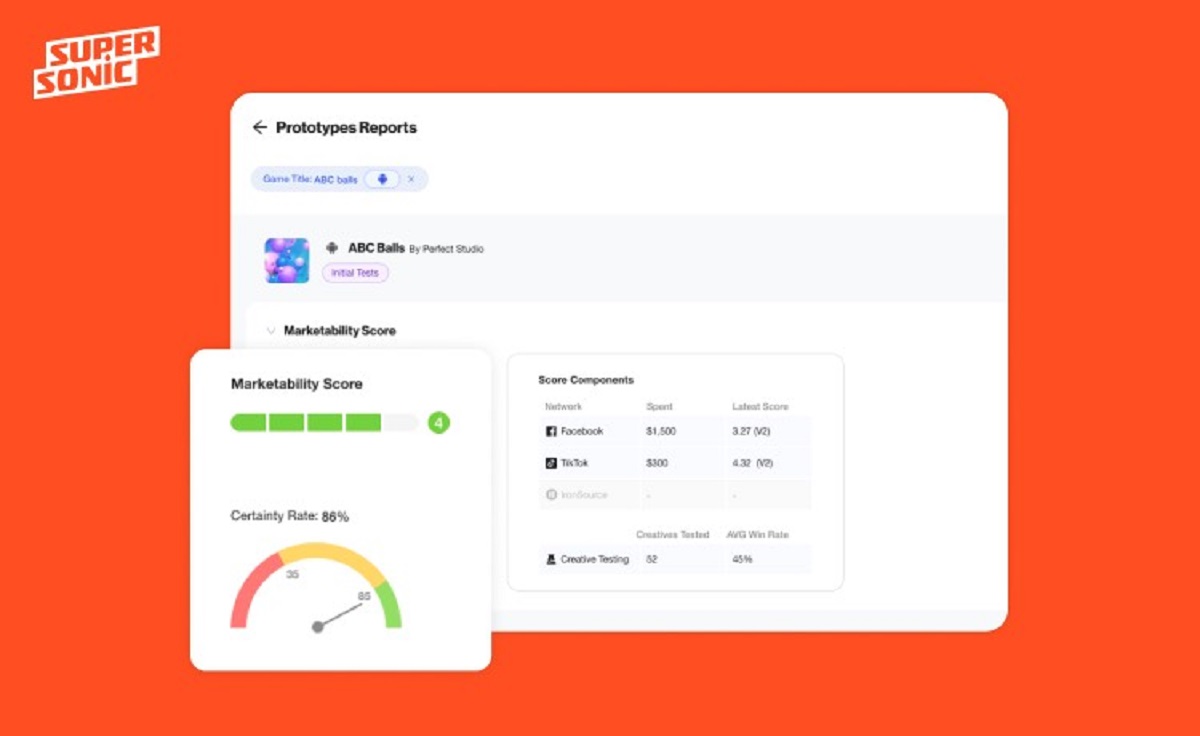You can never tell how marketable a game prototype will be. Or can you? Unity’s Supersonic division has an update for its mobile game publishing tools that let developers assess how marketable their game prototypes will be.
Unity picked up Supersonic as a division when it acquired IronSource last year for $4.4 billion. Now Supersonic has an update that could game developers from wasting time on unpromising game prototypes.

Unlock premium content and VIP community perks with GB M A X!
Join now to enjoy our free and premium membership perks.
![]()

![]()